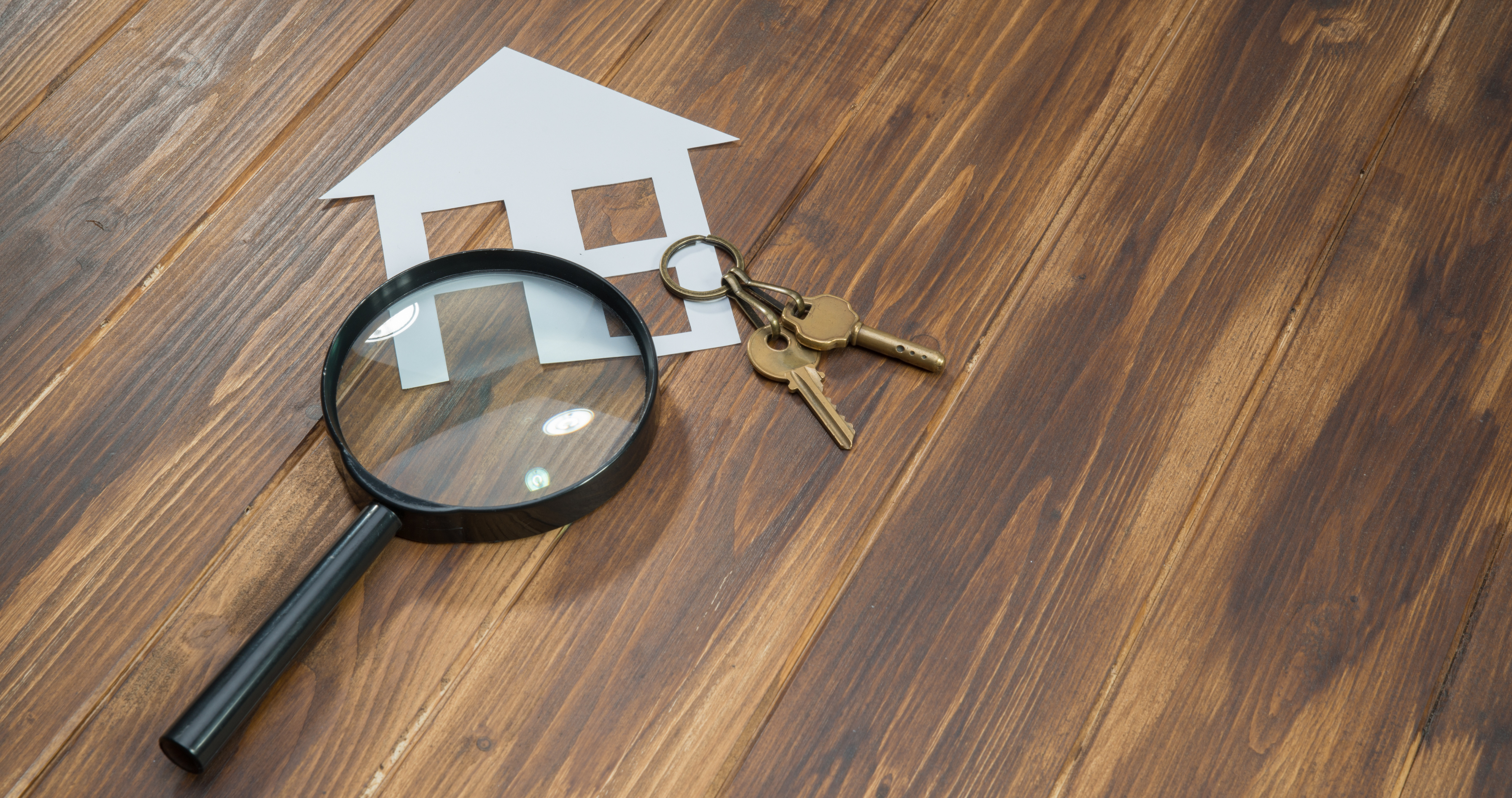


Investing in Kenyan real estate can be a great way to build your wealth, but understanding the market is key to maximizing your profits. This guide will walk you through the basics and explore strategies specific to Kenya to help you get started on the right foot.
With Guton Kenya by your side, you can navigate the Kenyan real estate market with confidence and make informed investment decisions.

The foundation of successful investing is finding the right property. Here's what to look for in Kenya:
Location, Location, Location: Focus on areas with growth potential. In Nairobi, neighbourhoods like Westlands, Kilimani and Upper Hill are popular due to their proximity to jobs and amenities. Mombasa's beachfront properties consistently attract both tourists and affluent residents. If you're looking for more affordable options, consider fast-developing satellite towns like Ruaka or Thika.
Property Types: Apartments are often good for rental income, while standalone houses might offer more potential for appreciation (increase in value) over time. If you have a longer time horizon, even buying undeveloped land in growing areas can be an option.
Can You Improve It? Look for properties with the potential to add value through renovations. Could you add another bedroom, modernize a kitchen, or improve the landscaping?
Think Like a Renter: If you're planning to rent out the property, put yourself in a tenant's shoes. Is it in a safe neighborhood? Is it close to public transportation or major roads? These factors will impact how quickly you find tenants and the rent you can command.

Return on Investment (ROI) is how you'll measure the success of your investment. Simply put:
ROI = (Net Profit / Total Investment) * 100
Let's break down the terms:
Net Profit: The money you make after expenses. This includes the rent you collect and any increase in the property's value (appreciation) over time, minus costs like your mortgage payment, property taxes, and maintenance.
Total Investment: The total amount of money you put in, including the purchase price, closing costs (like legal fees), and any renovations you made to get the property ready.

To really compare investment opportunities, you'll need to go a bit deeper:
Cap Rate (Capitalization Rate): This helps compare properties of different prices. Divide the net annual income by the purchase price. A 6% Cap Rate on a KES 20 million building means KES 1.2 million in income per year.
Cash-on-Cash Return: This shows you how much actual cash your investment generates after considering your mortgage payments and expenses.
NPV (Net Present Value): This metric is helpful for long-term investments, it calculates the value of future income streams in today's money.

Taxes play a major role in your real estate ROI! In Kenya, here's what you need to know:
Deductions: You can often deduct expenses like mortgage interest, property taxes, and repairs from your taxable income.
Depreciation: Over time, you can depreciate the value of your rental building (this doesn't include the land itself). Understanding this can significantly reduce your tax burden. Be sure to consult with a tax advisor or accountant for specifics.

Using financing wisely can boost your returns. In Kenya, explore these options:
Mortgages: Most major banks (like KCB, Equity, or Housing Finance) offer mortgages. Shop around to compare interest rates and terms.
Leverage: This means using borrowed money (like a mortgage) to buy a larger investment. If the property you buy appreciates faster than your interest rate, leverage increases your ROI. However, it's important to manage this risk carefully.

How you manage your property plays a major role in your success. Here are some tips for Kenyan investors:
Finding Good Tenants: Thorough screening (background checks, references) saves headaches down the line. This is especially important in Kenya, where tenant-landlord disputes can be time-consuming to resolve.
Maintenance is Key! Address issues promptly to avoid costly repairs and preserve your property's value. In Kenya's climate, things like leaks or pest problems can worsen quickly.
Technology is Your Friend: There are apps and platforms specifically designed for Kenyan landlords to help with rent collection, tenant communication, and even finding reliable contractors.
Consider Professional Help: If you don't have the time or expertise to manage your property yourself, expert property management companies like Guton Kenya are a common solution in Kenya.

Strategic renovations can boost rental income or increase your property's sale price. In Kenya, focus on:
High-Impact Improvements: Modernizing kitchens and bathrooms often has the biggest impact on value. Energy-efficient features (like solar water heaters) are also becoming popular.
Local Market Appeal: Research what features are desirable in your specific area and to renters in your price bracket. Don't overspend on upgrades your target market won't pay for.
Security: Features like secure perimeter walls, well-lit common areas, and even security guards can be very important to both renters and buyers in Kenya.

Smart investors plan for risks and stay informed about the market. Remember:
Insurance: Protect yourself against damage to your property, lost rental income due to unexpected issues, and potential liability claims.
Diversify: Don't put all your eggs in one basket! Consider owning different types of properties in various locations to spread your risk.
Stay Informed: Follow Kenyan real estate news and economic trends. Join online forums or network with other investors to get insights on the market.
Real estate investing in Kenya offers great potential. By choosing the right properties, understanding your ROI, employing smart financing, proactively managing your investments, and partnering with reputable companies like Guton Kenya, you can build significant wealth over time.
